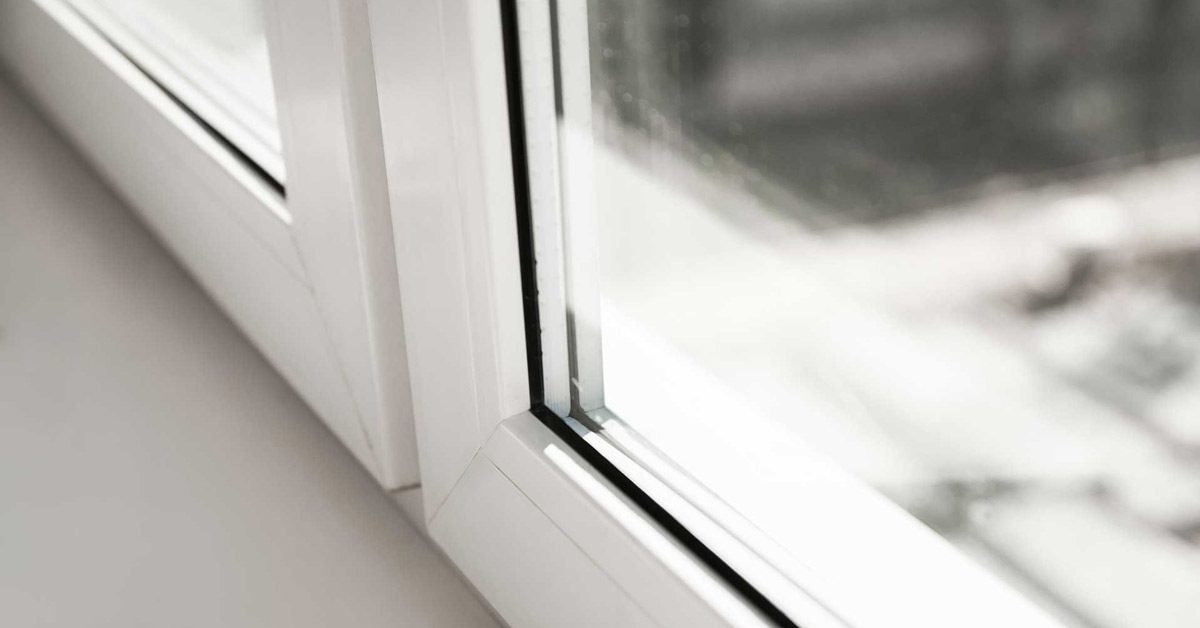All Categories
Featured
Table of Contents
Twinglaze® Double Glaze Specification Act - Vic in Caversham WA
That window can transfer more solar heat in winter season than in summer. A west-facing window on a summertime's afternoon has an angle of incidence from near 0 up to 30 with a large effective area of solar radiation. A north-facing window, in summer season, has a high angle of occurrence and a low efficient location of solar radiation, so can send less heat than a west-facing one.

You can rapidly and quickly enhance the thermal efficiency of your house by replacing your windows. This is one of the most reliable techniques of restoration to achieve improved thermal comfort. There are countless kinds of glass and frames to select from. Choosing the ideal ones is necessary to enhancing the energy performance of your house.
What Are The Benefits Of Double Glazed Windows? in Highgate Western Australia
Single glazing with clear glass is not very efficient when it comes to heat loss or gain. To enhance performance, you can use single glazing with a more energy-efficient type of glass such as low emissivity (low-e) glass.
Several layers can be assembled with sealed cavities between each sheet of glass. IGUs usually offer better energy efficiency than single glazing, due to the fact that they send less energy. The energy performance of IGUs likewise depends on: the residential or commercial properties of each layer of glass. Various glass types (for instance, clear and low-e glass) can be assembled in an IGU.
Double Glazed Windows & Doors Melbourne & Sydney in Coogee Western Australia

IGU cavities can be filled with air or a more inert, low-conductivity gas such as argon the width of the cavity. Wider cavities supply lower (better) U worths, with 12mm typically accepted as the favored space how well the cavity is sealed.
If argon is installed to the cavity in place of air, moisture is dependably omitted the level of desiccant (drying representative). The spacer (metal or polymer strip) that separates the glass layers contains a desiccant to absorb any wetness. Insufficient desiccant may cause wetness to condense on the glass surface in cold conditions, reducing thermal efficiency.
Double Glazed Windows Melbourne - Upvc - German ... in Winthrop WA
In reality, IGUs can deliver much better energy efficiency for all climates, especially in heated and air-conditioned homes. Cross-section information of single, double and triple-glazing systems Low emissivity glass (frequently understood as low-e glass) reduces heat transfer. Low-e glass may be either high or low transmission: High transmission low-e glass has a finish that permits daytime from the sun to pass into your house to achieve great solar heat gain, however lowers the quantity of the long wavelength infrared heat that can escape back through the window.
Low-e glass has either a pyrolytic finishing or a vacuum-deposited thin movie metal covering. Pyrolytic coatings are long lasting and can be used for any glazing; vacuum-deposited coverings are soft and are just utilized within IGUs. Low-e coatings can considerably improve both U value and SHGC; however, they need to be used properly or they will either deteriorate or fail to carry out as needed.
Magnetite: Australian Retrofit Double Glazed Windows in Thornlie WA
Low-e finishings can be used in combination with clear, toned or reflective glass. Low-e finishings on glazing can minimize heat transfer where required Photo: Department of Market, Science, Energy and Resources Toned glass has actually colouring additives consisted of throughout manufacture. It is offered in numerous colours, typically bronze, grey, blue and green.
Table of Contents
Latest Posts
Benefits Of Having Double Glazing Windows In The Summer in Westfield Western Australia
Does Double Glazing Have A Vacuum? in Greenmount WA
The Science Behind Double Glazed Windows in Kenwick Perth
More
Latest Posts
Benefits Of Having Double Glazing Windows In The Summer in Westfield Western Australia
Does Double Glazing Have A Vacuum? in Greenmount WA
The Science Behind Double Glazed Windows in Kenwick Perth